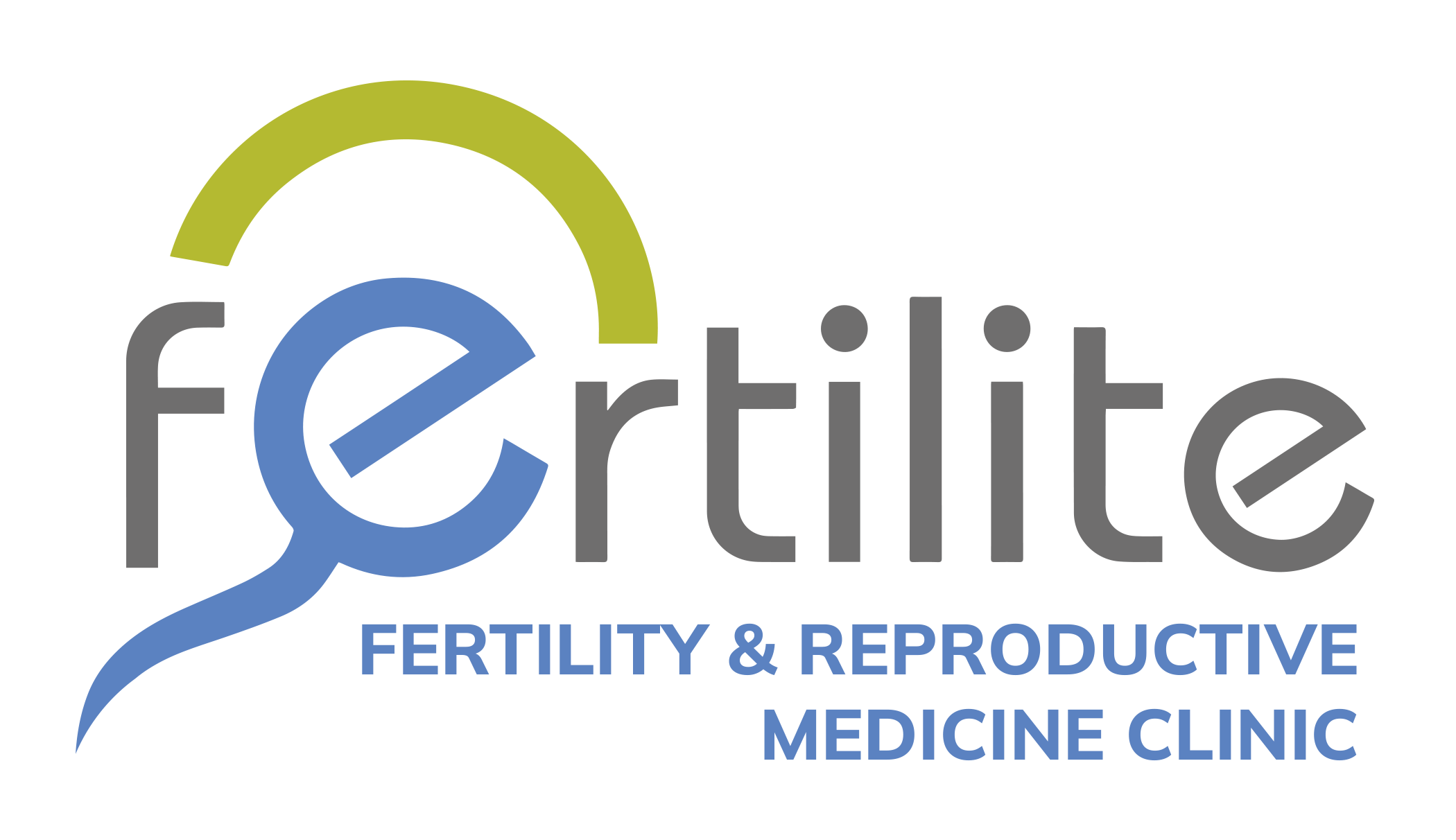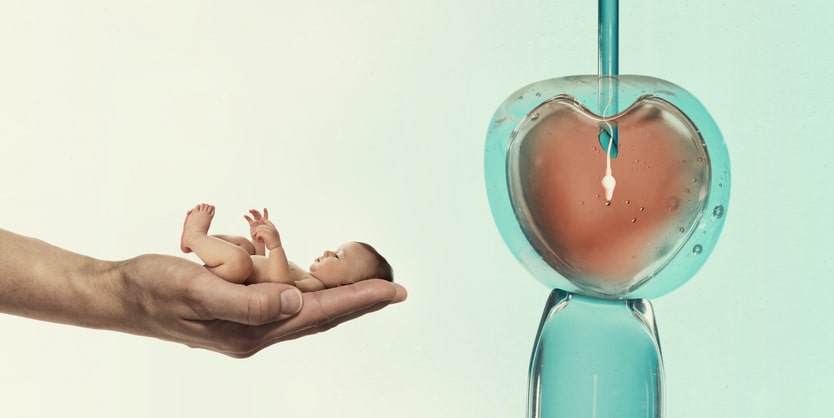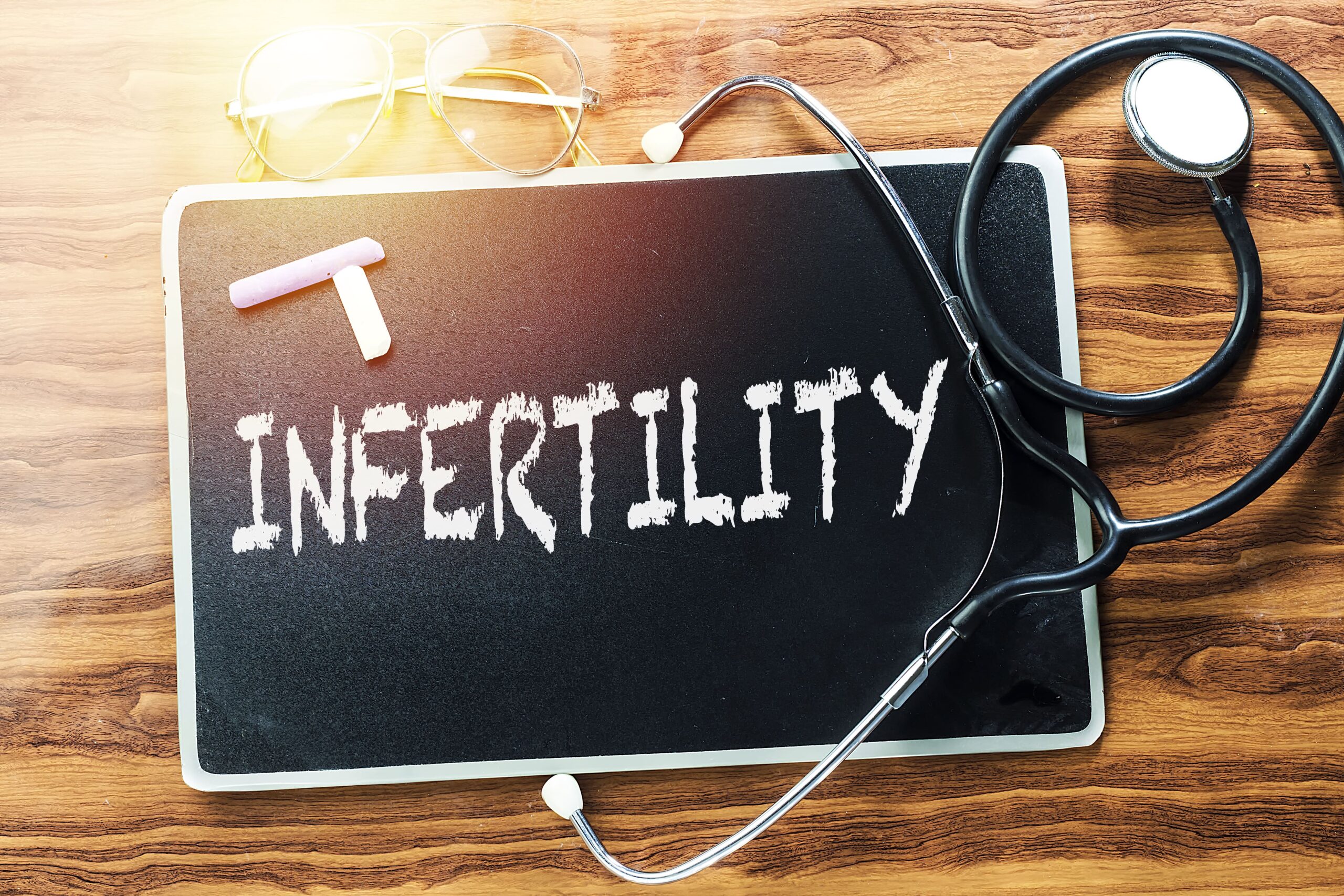Is IVF Painful? Unraveling the Complexities of Ovulation Pain and Fertility
In vitro fertilization (IVF) is a medical procedure that has brought hope to countless couples struggling with infertility. However, many people considering this procedure often wonder: Is IVF painful? This article seeks to unpack the intricacies of IVF and provide an in-depth understanding of ovulation pain and fertility, fertilization pain, and the impact of conditions like endometriosis on IVF. We explore the various stages of IVF, the potential discomforts involved, and how these can be managed.
Understanding IVF and Its Relation to Ovulation Pain
IVF is a complex procedure that involves the fertilization of eggs and sperm outside the body, in a specialized lab. While the process is generally not considered painful, it may cause some discomfort or ovulation pain. This pain is often associated with the hormonal injections administered to stimulate the ovaries and produce multiple eggs for fertilization (ASRM, 2023).
The Role of Hormonal Injections in IVF
Hormonal injections are a crucial component of the IVF process. These injections aid in stimulating the ovaries to produce mature eggs, which are then harvested and fertilized with sperm. The injections can elicit a slight, temporary stinging sensation, often the most discomfort experienced during this phase of IVF (ASRM, 2023). To understand more about the hormonal injections in IVF.
IVF Injection Side Effects
Despite the benefits of these injections, they may have some side effects. These may include bruising or soreness at the injection site, mood swings, changes in appetite, fatigue, headaches, hot flashes, nausea, bloating, breast tenderness, and decreased libido. It’s important to note that these side effects are generally temporary and manageable (NIH, 2023).
The Egg Retrieval Process
Following the administration of IVF injections, the egg retrieval process takes place. This procedure involves the insertion of an ultrasound probe into the vaginal canal. A needle attached to this probe then draws the egg follicles and fluid from the ovaries.
Is Egg Retrieval Painful?
Egg retrieval is generally not considered painful, as anesthesia is used during the procedure to ensure patient comfort. However, some women may experience mild cramping in the days following this procedure, similar to menstrual discomfort.
Embryo Transfer: What to Expect
The embryo transfer stage of the IVF process involves the placement of healthy embryos into the uterus. This process does not require anesthesia and is generally not considered painful. However, mild cramping may be experienced in the days following the procedure.
The Emotional Impact of IVF
While the physical discomfort associated with IVF is usually manageable, the emotional toll can be significant. The IVF process can be emotionally taxing, particularly when a round of IVF is not successful. During these times, it’s essential to allow yourself to process your emotions and seek support if needed (ASRM, 2023).
Dealing with IVF Failure
Failure of an IVF cycle can lead to feelings of grief and depression. However, it’s important to remember that these feelings are normal and that many individuals and couples experience similar emotions.
The Influence of Endometriosis on IVF
Endometriosis is a condition that can affect a woman’s fertility and can make the IVF process more challenging. However, it’s important to remember that many women with endometriosis have successfully conceived using IVF (ASRM, 2023). There are ways and reasons how surgeries before IVF can treat infertility caused by endometriosis.
IVF Success Rates
The success rate of IVF varies and is influenced by various factors, including age, general health, and the cause of infertility. However, IVF offers the highest success rate among all assisted reproductive technologies.
Age and IVF
Age plays a critical role in IVF success. Women under the age of 35 generally have higher success rates compared to those over 35. However, IVF can still be successful for women above this age, particularly with the use of donor eggs (ASRM, 2023).
Final Thoughts
While IVF can bring about physical discomfort and emotional turmoil, it’s important to remember that these challenges are often temporary and can be managed. If you’re considering IVF, it’s crucial to have a supportive healthcare team to guide you through the process and to address any concerns you may have about ovulation pain and fertility, fertilization pain, or the impact of endometriosis on IVF (Resolve, 2023).
References
American Society for Reproductive Medicine (ASRM). (2023). Infertility: An Overview. Retrieved from ASRM.org
National Institutes of Health (NIH). (2023). In Vitro Fertilization (IVF). Retrieved from NIH.gov
Resolve: The National Infertility Association. (2023). About IVF. Retrieved from Resolve.org




